Know about Vitamin C Serum For Face
| Estimated Reading Time: 9 minutes |
Vitamin C is a strong antioxidant that effectively fights against free radicals. When Used Regularly, vitamin C serums provide skin-brightening benefits and improve fine lines, dark spots, and uneven skin tones. The Shubhr Vitamin C Serum for face is formulated with pure vitamin C to aid in brightening your complexion and supporting a soft, radiant, and healthy appearance.

Additionally, our lightweight vitamin C serum for face includes moisturizing natural hyaluronic acid to help restore your protective skin barrier and soothing vitamins to help improve skin hydration.
Table of Content
|
What Is Vitamin C?
Vitamin C, scientifically called L-ascorbic acid, is a water-soluble vitamin essential to your diet. Although some animals can produce vitamin C, humans must get it from other sources.
Many vegetables and fruits are a rich source of natural vitamin C but it can also be made in dietary supplements. Several studies have shown that vitamin C is crucial to a healthy body.
Is There A Good Source Of Vitamin C?
- Lemon
Lemon is a superfruit bursting with Vitamin C, fiber, and antioxidants. It may help to aid in the treatment of anemia, heart disease, and cancer.
- Cantaloupe
It has been found to have a high amount of vitamin C, with a medium-sized melon containing 202.6 mg and one slice of cantaloupe containing 25.3 mg of the vitamin.
- Citrus fruits
Citrus fruits, especially oranges and grapefruits, contain a tremendous amount of vitamin C as they contain around 70 mg of vitamin C for one medium orange, and about 96 mg of vitamin C for one grapefruit. Citrus fruit juices also contain a substantial amount of vitamin C, with one cup of orange juice containing around 71 mg of vitamin C.

- Red cabbage
It is also known as purple cabbage. Red cabbage is one of the most nutritious vegetables on the planet since it contains low calories and is rich in vitamin C and. A half cup of this vegetable contains only 14 calories while it contains almost 30% of the recommended daily value of vitamin C.
- Kiwi
As much as 70 percent of the recommended daily vitamin C intake is contained in one serving of kiwi. Studies have also demonstrated that adding kiwi to a marginal carbohydrate diet largely boosts the blood levels of this vitamin.
- Bell peppers
In addition to being low in calories and rich in nutrients, peppers come in many varieties, such as peppers with vitamin A, vitamin C, potassium, folate, and fiber. The reason bell peppers have more nutritional value than other peppers is that they are grown for longer periods of time on the vine. In comparison to green bell peppers, red bell peppers contain almost eight times more beta carotene and 1.5 times the amount of vitamin C.
- White potatoes
Whether you are a health lover or not, you should rewrite the script if you have been told that one of the most popular carbs can't be a part of a healthy lifestyle. In a medium-sized russet potato (the waxy brown variety), you will get approximately 17 mg of vitamin C, which is about 35% of what you need a day. They are also a good source of potassium and vitamin B6.
- Guavas
Approximately 138% of the Daily Value of vitamin C is found in one guava (Psidium guajava). Guavas are particularly high in the antioxidant lycopene. In a small study conducted in 2016 involving 45 young, healthy people, researchers found that eating guavas increased the antioxidant activity of the body. A diet consisting of 400 grams of peeled guava daily, around seven pieces of this fruit each day for six weeks.
Vitamin C Serum For Face: Its Benefits
- Lightweight Formula
The Vitamin C serum for face comes with an ultra-lightweight formula that quickly absorbs into the skin to promote healthy radiance without leaving any white marks. Its watery texture provides fast absorption and penetration into the deepest layers of the skin.
- Promotes Even Skin Tone
With Vitamin C face serum, you are guaranteed to achieve even skin tone thanks to its natural goodness of vitamin C and Gotu Kola. Vitamin C Serum reduces pigmentation so your skin looks clearer and more youthful.
- It’s brightening
Vitamin C serum for face can reduce pigmentation (more on this below!) and the smoothing of the skin's surface to reduce dullness, which gives the skin an appearance of youth.
According to a report published by The Trusted Source, vitamin C inhibits melanin (pigment responsible for skin color in humans) production.
With vitamin C, your skin can control hyperpigmentation and remove faded dark spots by restricting melanin production. It may also assist in brightening the appearance of your skin.
- Fights Free Radical Damage
Vitamin C face serum not only protects your skin against free radical damage, but it also restores your skin back to its healthy and radiant appearance. Vitamin C and Gotu Kola together fight free radical damage.
- It Reduces The Appearance Of Under-Eye Circles
The under-eye area can be plumped and hydrated by Vitamin C serum for face, helping to smooth out fine lines.
There are some people who believe that vitamin C helps alleviate under-eye circles that are discolored and red, although vitamin C is most effective at reducing overall redness.
It has been found that vitamin C mesotherapy, when combined with three different treatments for dark circles, resulted in significant improvements in pigmentation of the under-eye circles, although some participants also reported that they felt burned after undergoing the treatment.

Besides cold compress, you can add retinol to your skincare regime to minimize the appearance of under-eye bags. Since the skin beneath your eyes is thin and sensitive, it is best to use products developed specifically for treating the area beneath your eyes.
- Reduce Dark Spot
For radiant and fresh skin, this multipurpose Vitamin C serum for face helps in reducing the appearance of dark spots and pigmentation. It is a must-have for our daily regimes to maintain a healthy complexion.
- It May Help Prevent Skin Sagging
Having higher collagen levels can improve skin elasticity and firmness, making your skin look younger and feel younger. Low collagen levels, however, may cause your skin to look aged and saggy.
An increase in collagen production from Vitamin C serum for face can result in overall tightening, according to a review inTrusted Source. This is true whether the skin is sagging because of aging, oxidative stress damage, or extreme weight loss.
Therefore, it can help reduce the appearance of sagging skin and help you achieve a more firm and toned look by reducing the appearance of sagging.
Why Use Vitamin C Serum For Face?
There is no doubt that vitamin C is one of the most highly sought-after ingredients in skincare routines. It offers various advantages for the skin, including reducing the aging process and adding a radiant glow to lackluster skin. In Fact, Vitamin C serum for face and other skincare products containing Vitamin C are used worldwide.
How To Use A Vitamin C Serum?
Although topical vitamin C products are generally well tolerated, there could still be side effects.
If you are concerned that you may have an allergic reaction from vitamin C products, always perform a patch test first.
Here’s how:-
1. Pick a small area of skin that's easy to conceal, like the forearm.2. Observe the skin for 24 hours after product application.
3. You can apply it to your face if no side effects occur. You should discontinue use if you develop hives, a rash, or redness.
When it comes time to apply the product fully, follow the instructions on the label.
After repeat exposure, it's best to introduce new products slowly, spacing them out by a few weeks to prevent a skin reaction.

Vitamin C serum is generally used once or twice daily. It is a good idea to cleanse, tone, apply Vitamin C serum for face, and moisturize afterward. Make sure your hands are clean before applying skin care products.
Although vitamin C can be used with other active ingredients, it may become less effective when combined with niacinamide products.
Why Is Vitamin C Important?
Vitamin C is an antioxidant. It protects the body's cells from free radical damage. Cells and DNA can be affected by free radicals, resulting in illnesses such as cancer.
The body cannot build and maintain collagen without vitamin C, a protein that is necessary for building and maintaining:-
- Healthy bones
- Joints
- Skin
- Digestive tract tissues
As an essential component of the immune system, vitamin C protects you from viruses, bacteria, and other pathogens. According to Research, A low level of vitamin C can adversely affect the immune system and cause other health problems.
Do Vitamin C Serums Have Any Side Effects?
It is rare that vitamin C serums cause issues for most people. However, if you are allergic to some ingredients, you may experience an allergic reaction. Therefore, you should test them first on a patch of skin. It is strongly advised that you discontinue the use of that specific Vitamin C serum if you notice redness, itching, or a rash after 24 hours.
If you have highly sensitive skin, opting for a Vitamin C serum with magnesium ascorbyl phosphate is a better choice than L-ascorbic acid. This form of Vitamin C is gentler on the skin and is known for its enhanced absorption, reducing the risk of irritation while maximizing its benefits for a healthier complexion.

Vitamin C can cause stinging, redness, dryness, and yellowish skin staining in some people. If you have hypersensitive skin, it may cause slight irritation. But that's fine. If you experience dryness, redness, minor irritation, and stinging, layering it with a moisturizer can help resolve those symptoms. If these symptoms persist, stop using vitamin C serum altogether.
Many vitamin C serums are available in the market today, and if you need one, you should consult a specialist who can suggest the best one for you.
Final Verdict -
The benefits of vitamin C include healing blemishes, reducing hyperpigmentation, and giving skin an astonishing glow. Consistency is key, so consistently add it to your skincare routine. Some people apply Vitamin C serum to their face in the morning to take advantage of its UV-protective properties, and others find it works most effectively at night. Others apply it twice per day as a night serum or cream.
Recommended Products by Blue Nectar:
Shubhr Vitamin C Face Serum with Hyaluronic Acid | Radiant & Spotless Skin
Shubhr Plum & Neem Face Serum with Vitamin C for Acne Prone Skin and Acne Marks
Shubhr Neem Face Cleanser | Acne Control & Oil Balancing
Shubhr Rose Face Tonic Mist | Skin Toning & pH Balance
Shubhr Women's Vitamin C Cream for Daily Radiance | Skin Brightening & Radiance Boost


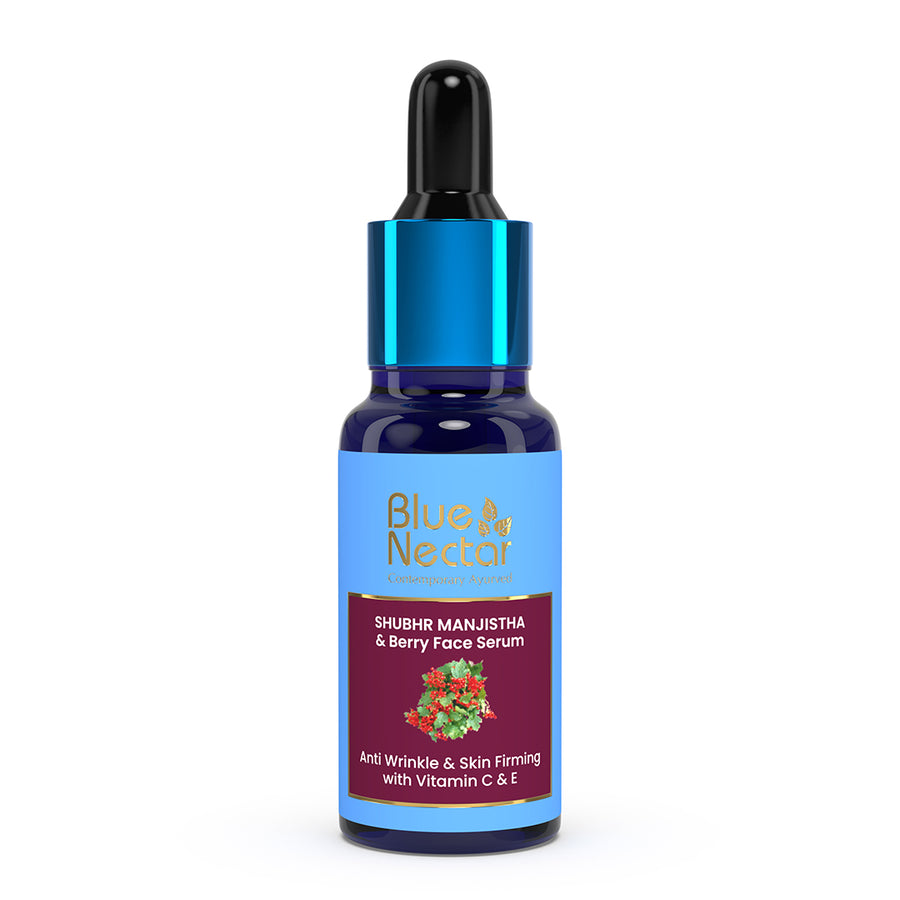

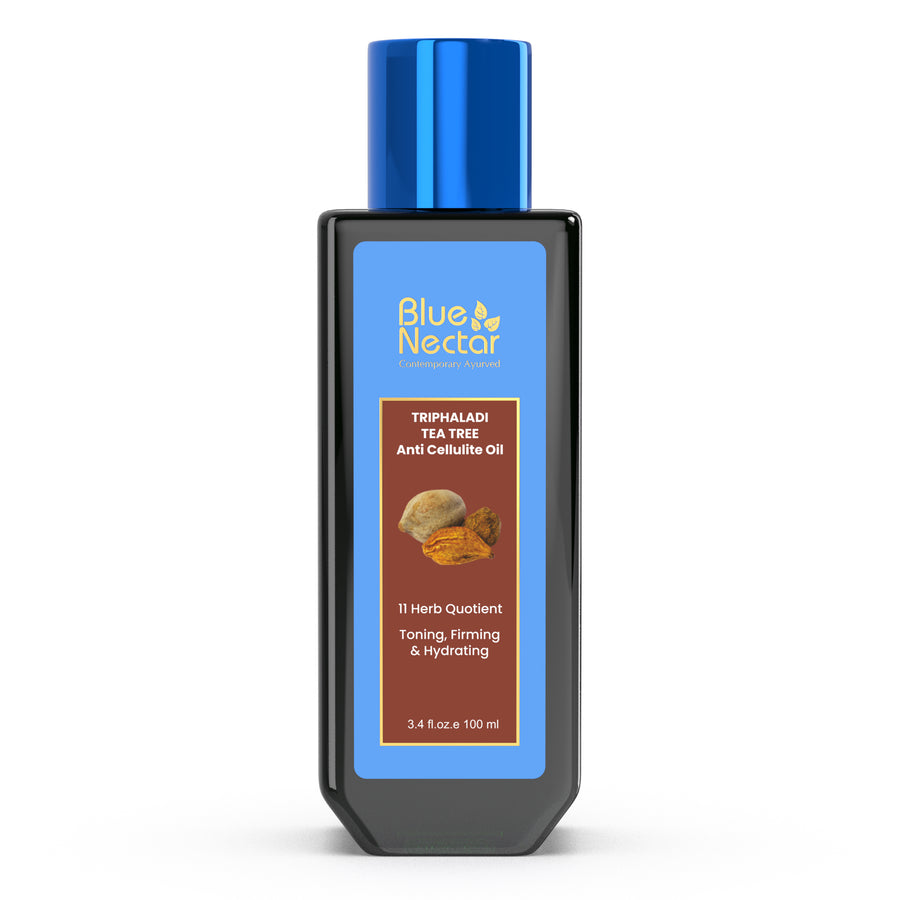
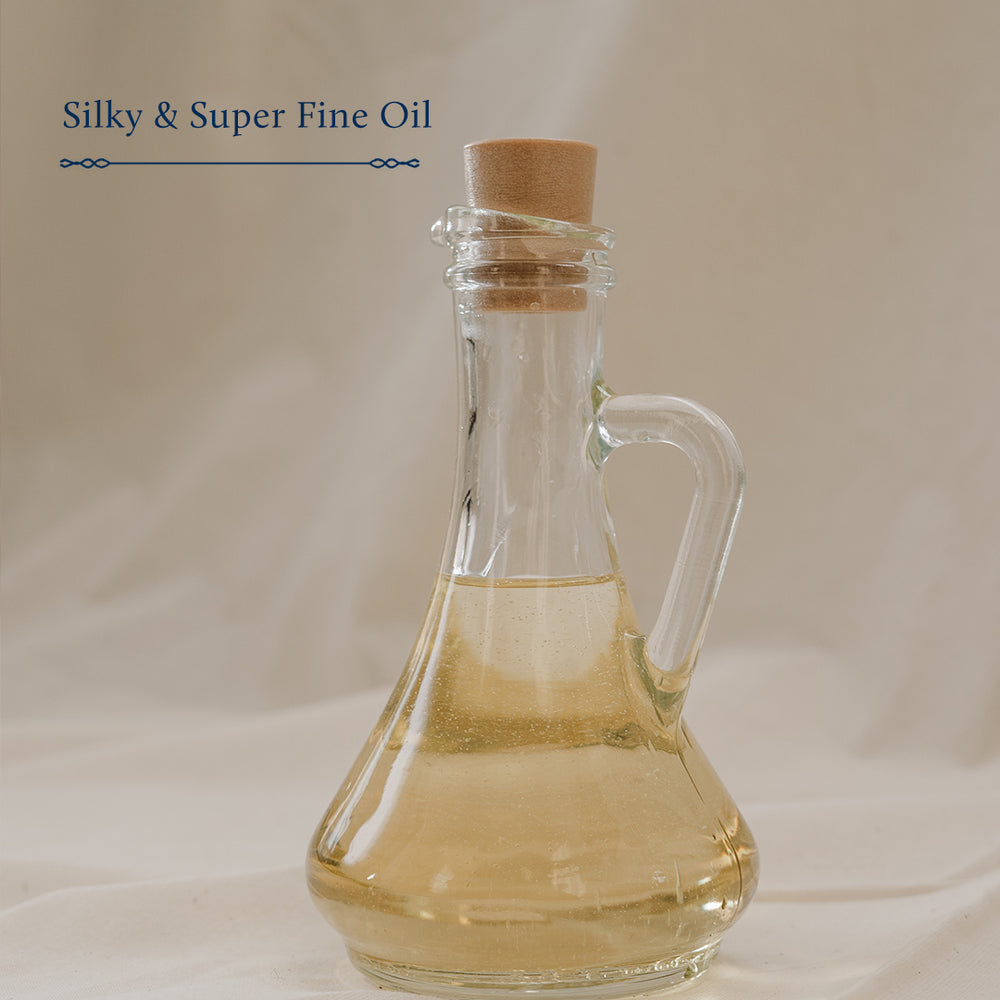
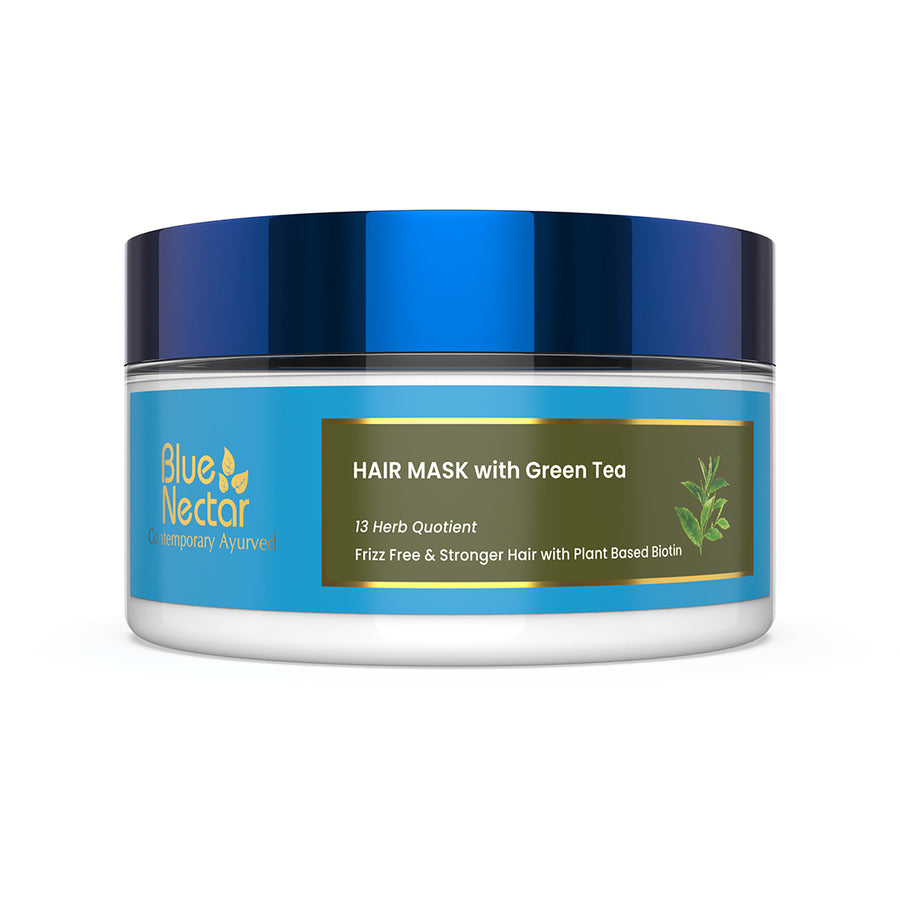
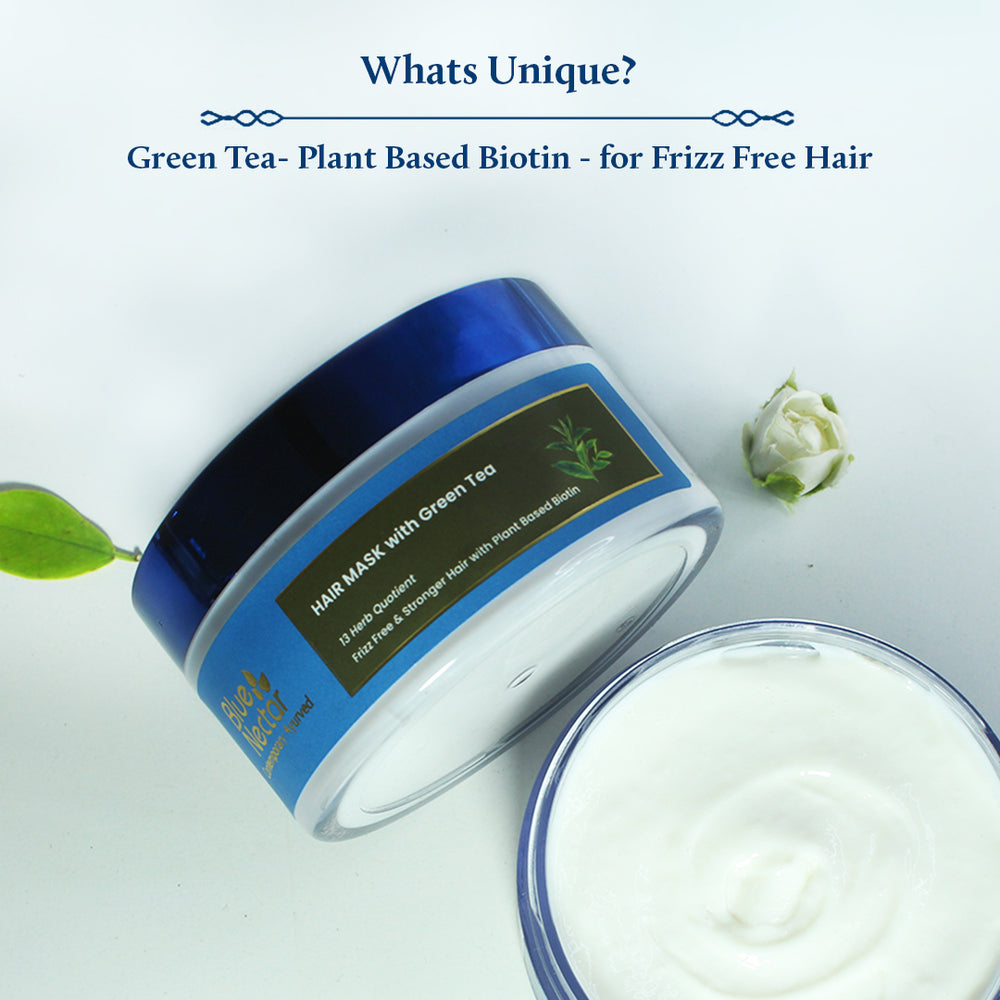


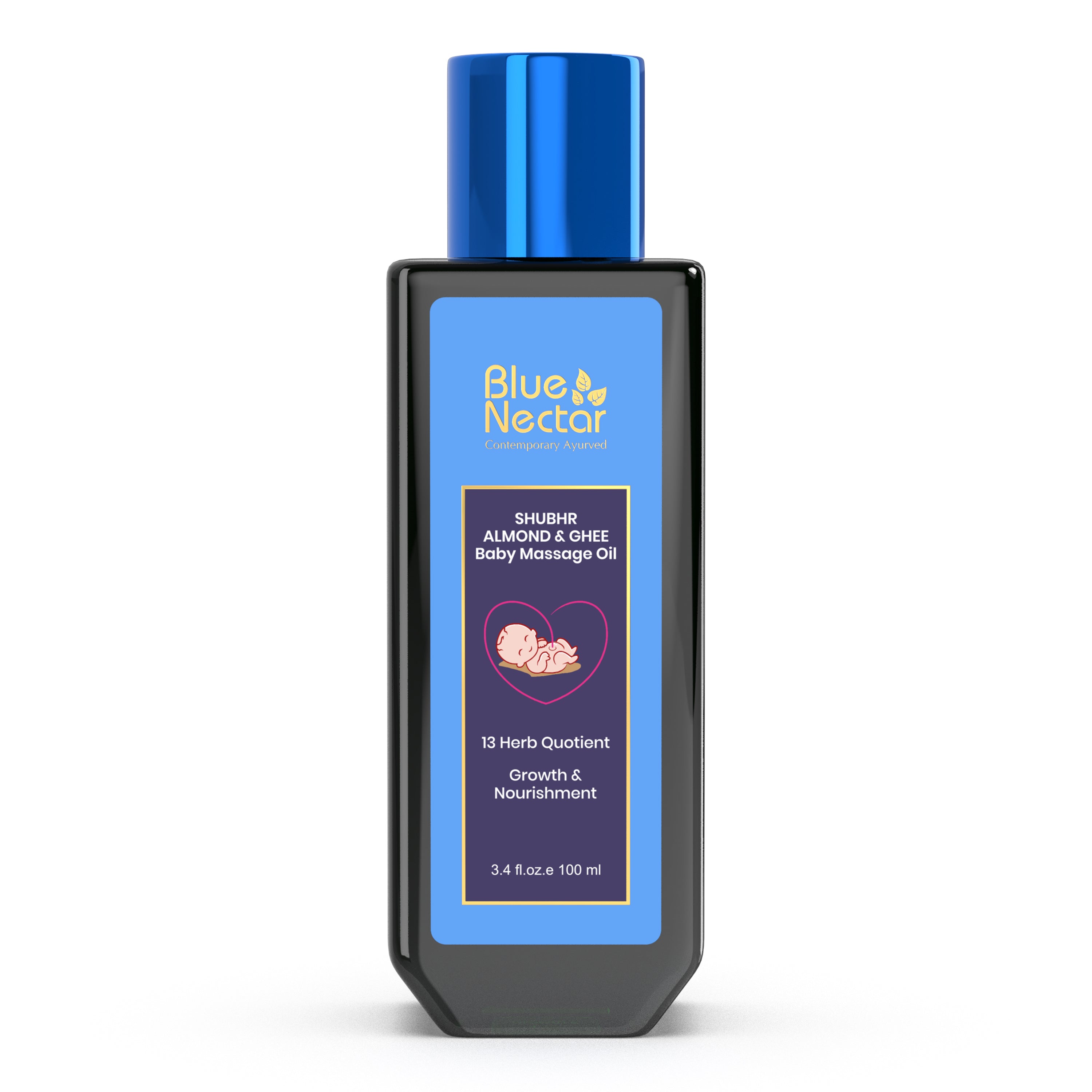
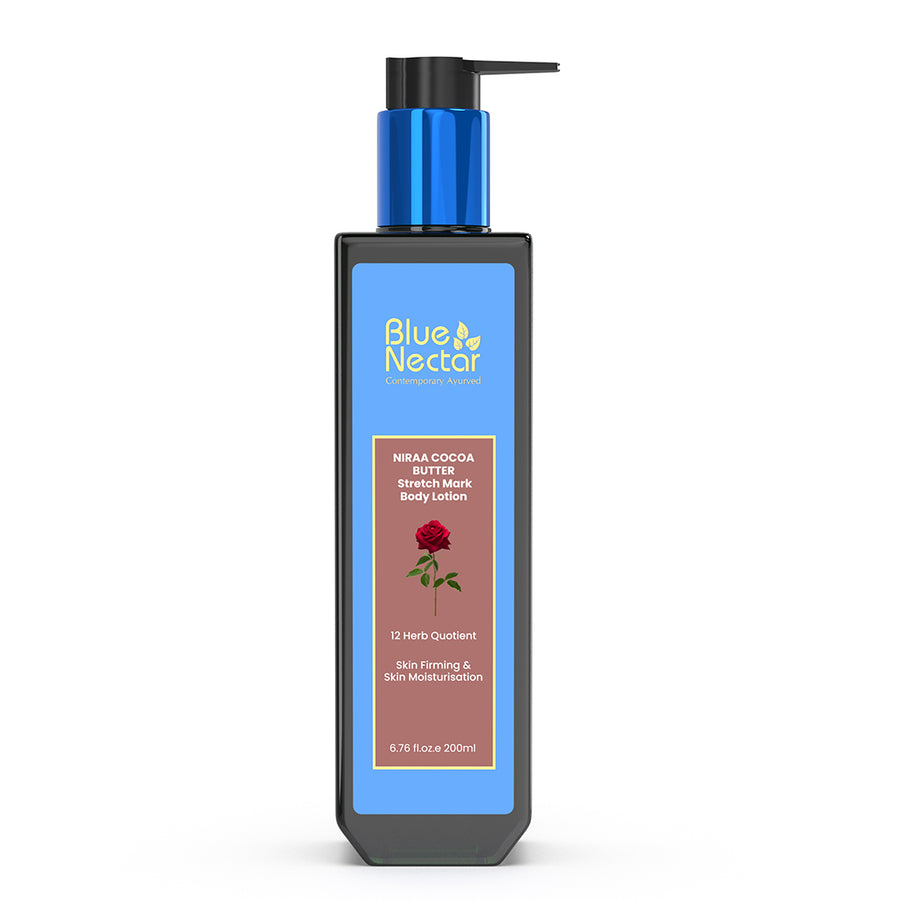

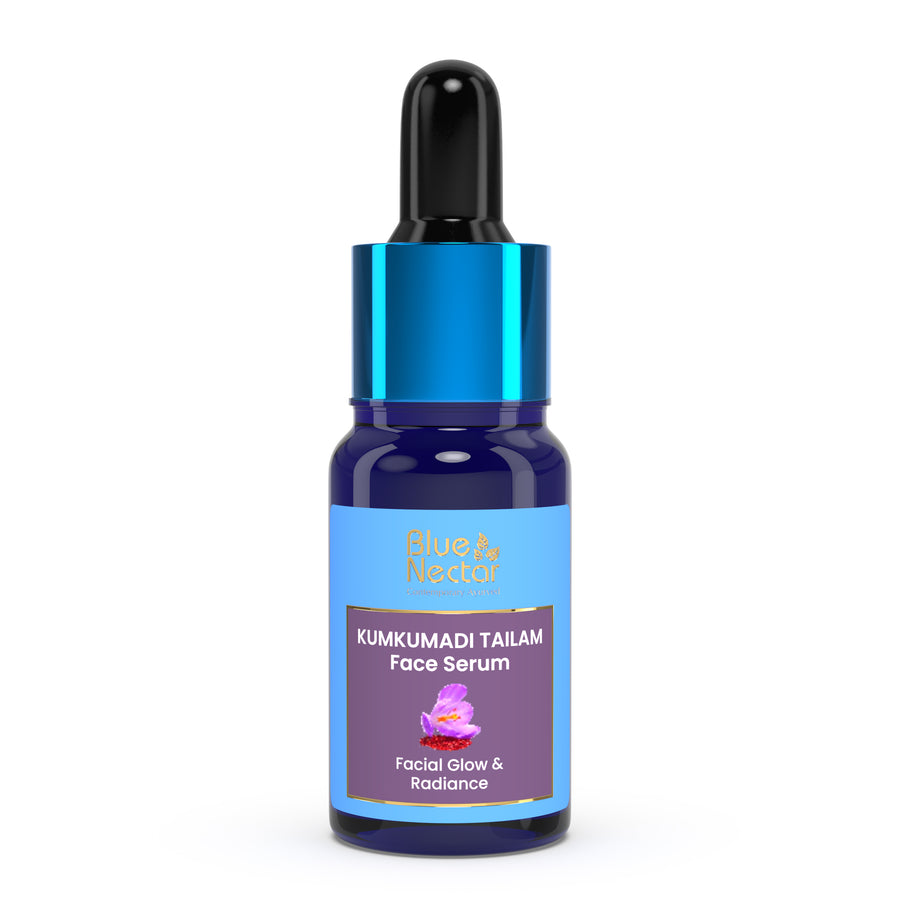
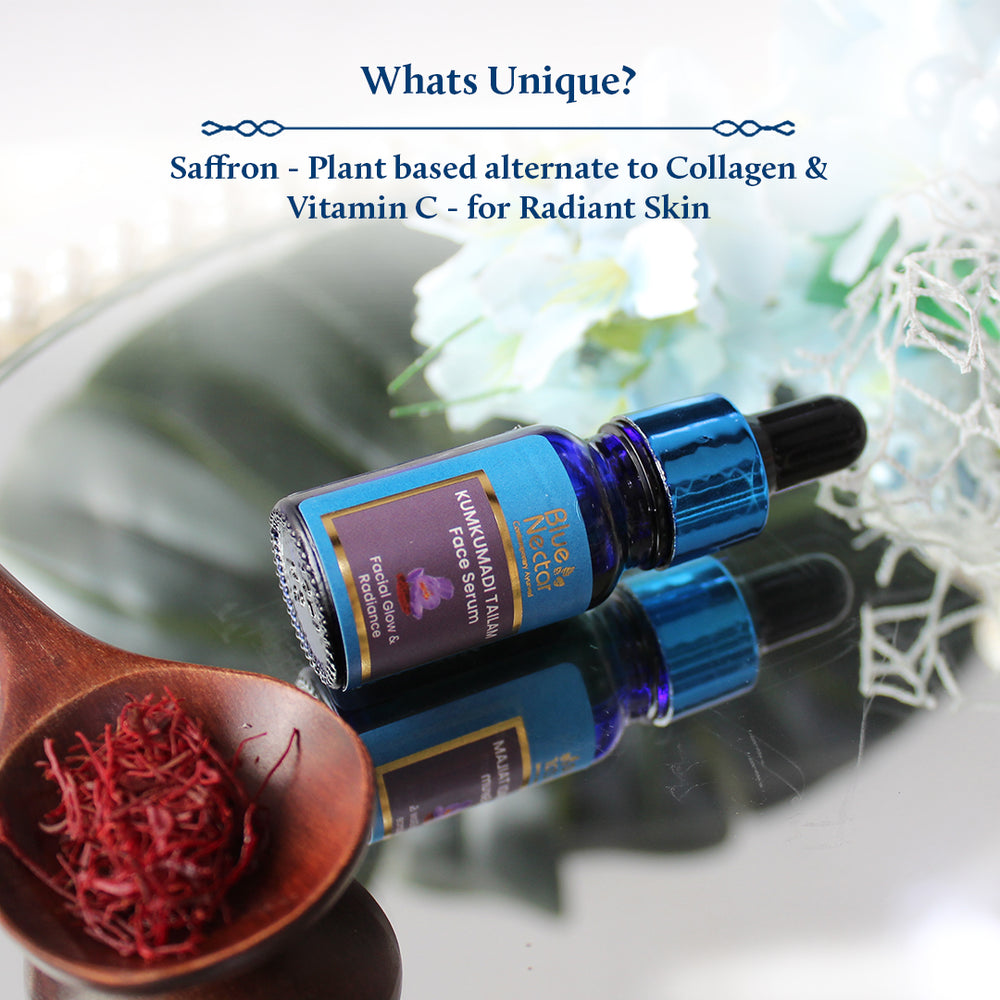
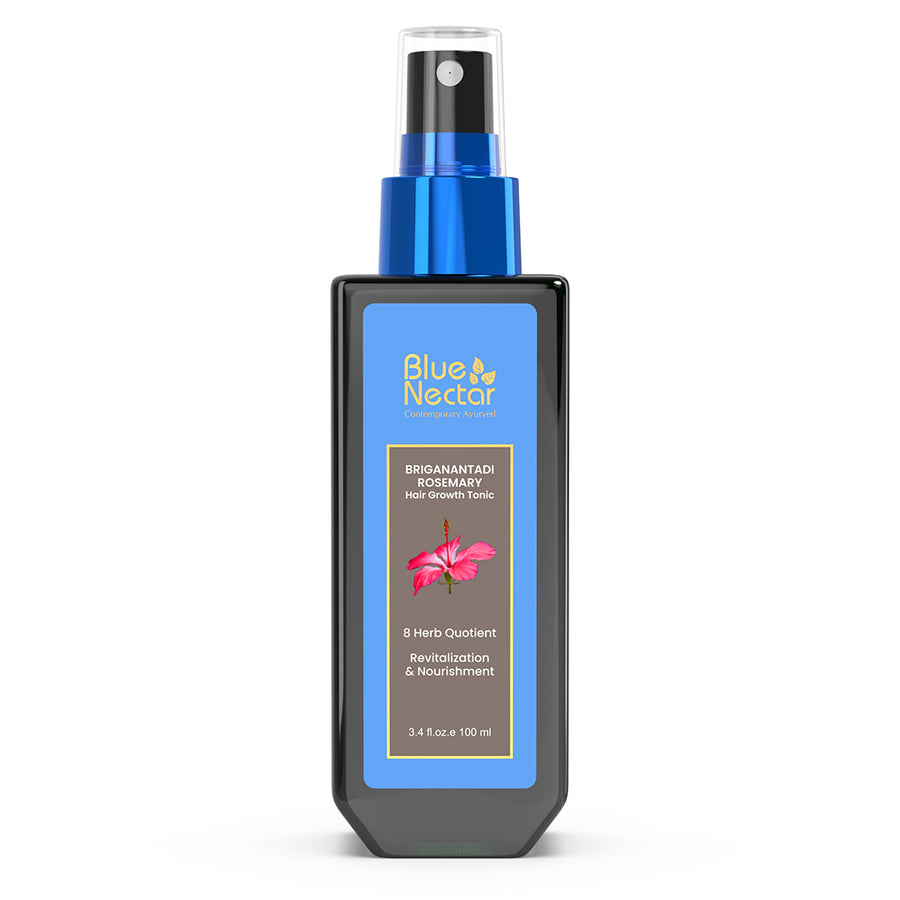


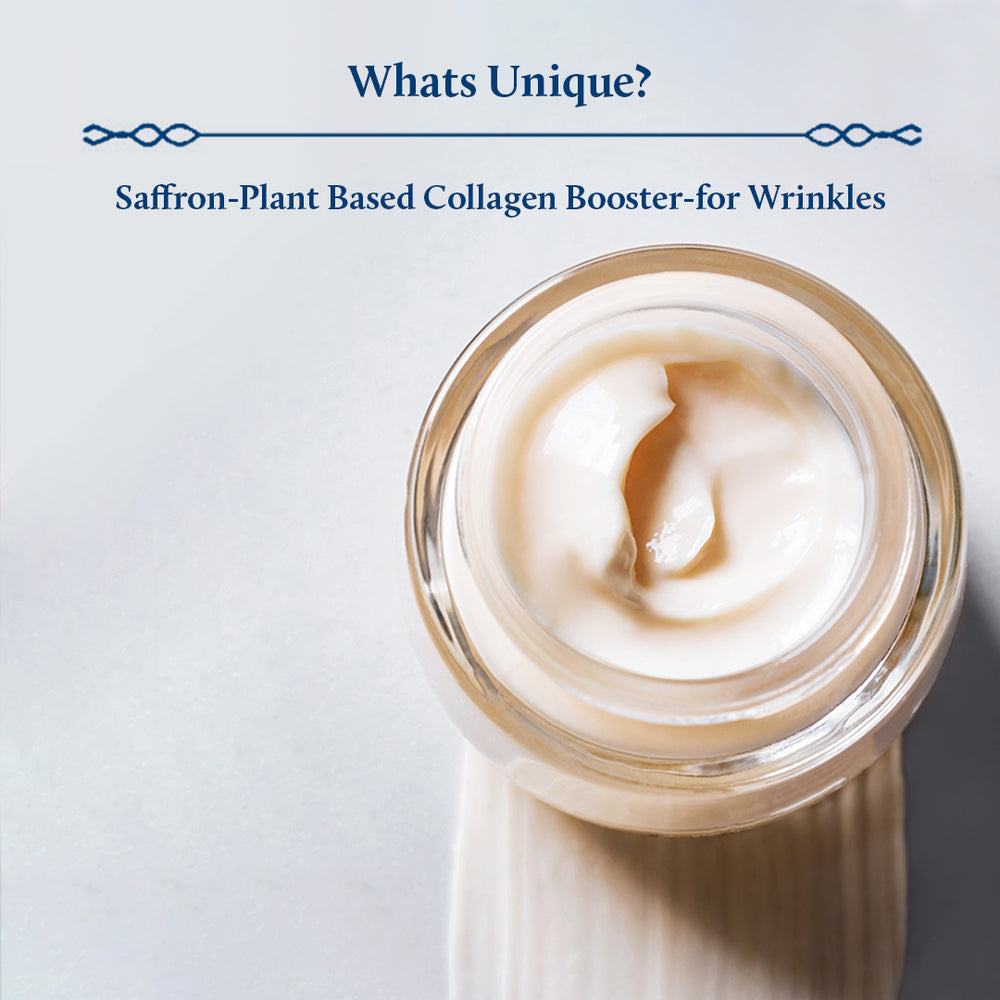
Leave a comment